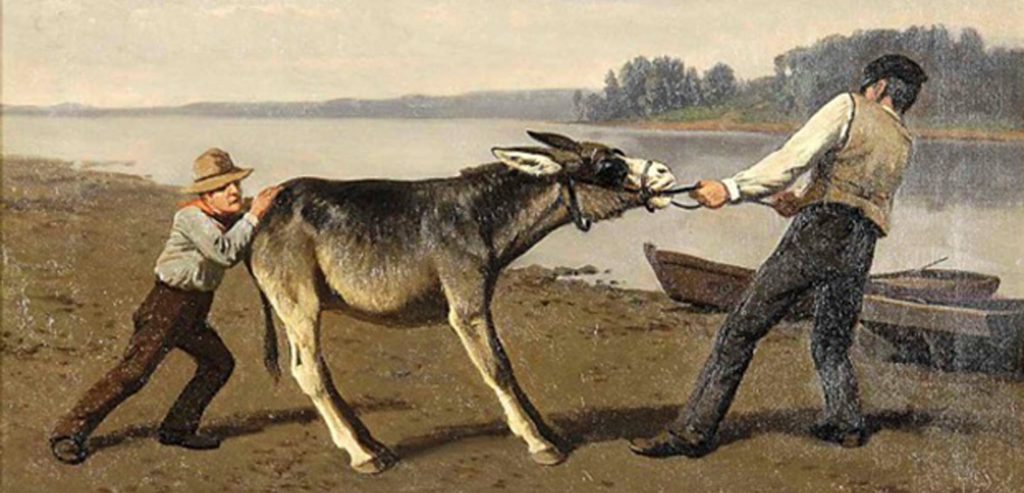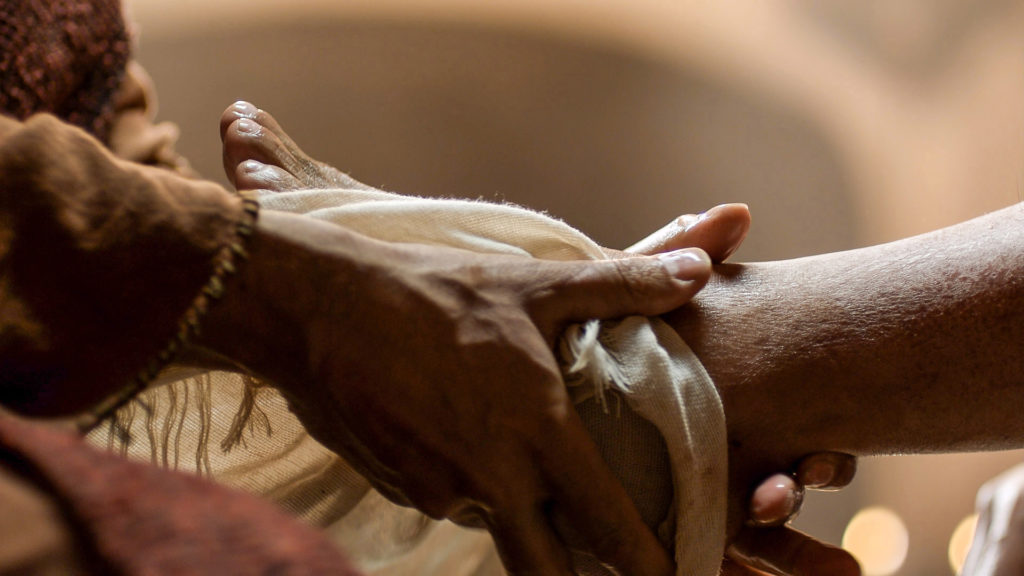Jesus said many crazy things, but this is right up there: I tell you the truth, anyone who has faith in me will do what I have been doing. He will do even greater things than these, because I am going to the Father (John 14:12).

How could we possibly do what he did, never mind even greater things? Surely, he was exaggerating? No. He began with I tell you the truth. He meant it.
Like all his promises, it’s conditional upon faith in Jesus. When we set out to do what he did, we must trust (have faith) in these ten things.
Faith in his love
Jesus healed because he loved people and hated sickness. The Lord mourns over the suffering of his people. “Since my people are crushed, I am crushed,” he cries in Jeremiah 8:21. When Jesus landed and saw a large crowd, he had compassion on them and healed their sick (Matthew 14:14).
Compassion was his motive and must be ours. We must know that he loves them and wants them whole. Any less is compromise.
Faith in his Sacrifice
The cross of Christ is the fulcrum of history. All healing, salvation, deliverance, and restoration are paid for on the cross. Evangelist Reinhard Bonnke called it the most righteous claim on earth—the will of God, paid for by the Son of God.
He himself bore our sins in his body on the tree, so that we might die to sins and live for righteousness; by his wounds you have been healed (1 Peter 2:24).
Past tense. Do we believe it?
Faith in his Word
At a moment of crisis, the Lord told Bonnke that God’s word in Reinhard’s mouth was as powerful as God’s word in his own mouth.
When Jesus went to heal the centurion’s servant, the centurion said, “Just say the word.” When a royal official came to him, Jesus said, “Your son will live” (John 4:50). The official took Jesus at his word. That’s the key!
Faith in his power
God anointed Jesus of Nazareth with the Holy Spirit and power, and … he went around doing good and healing all who were under the power of the devil, because God was with him (Acts 10:38).
The same power that raised Jesus from the dead lives in us. Jesus healed because he was anointed with the Holy Spirit. If we are filled with the Spirit, we have the SAME POWER available. If we believe.
Faith in his example
If we are his disciples, we should emulate his ministry, message, and methods. Jesus said, I have set you an example that you should do as I have done for you (John 13:15). He is our pattern. He commanded us to follow him. To follow means:
- Let him go first
- Stay close
- Watch and listen
- Copy
The other five keys next week!







